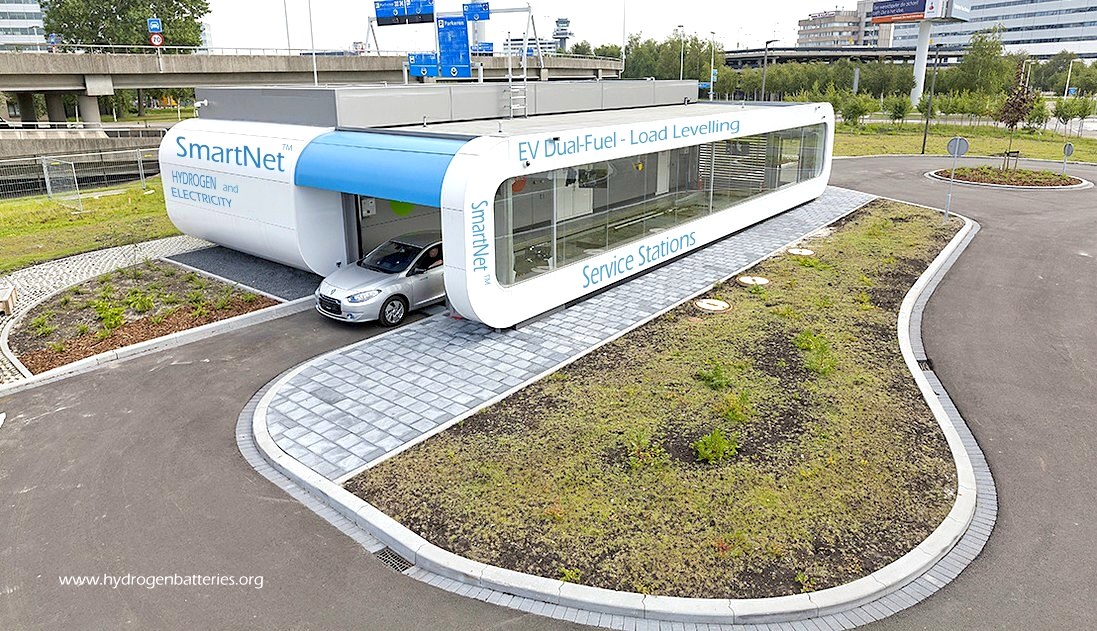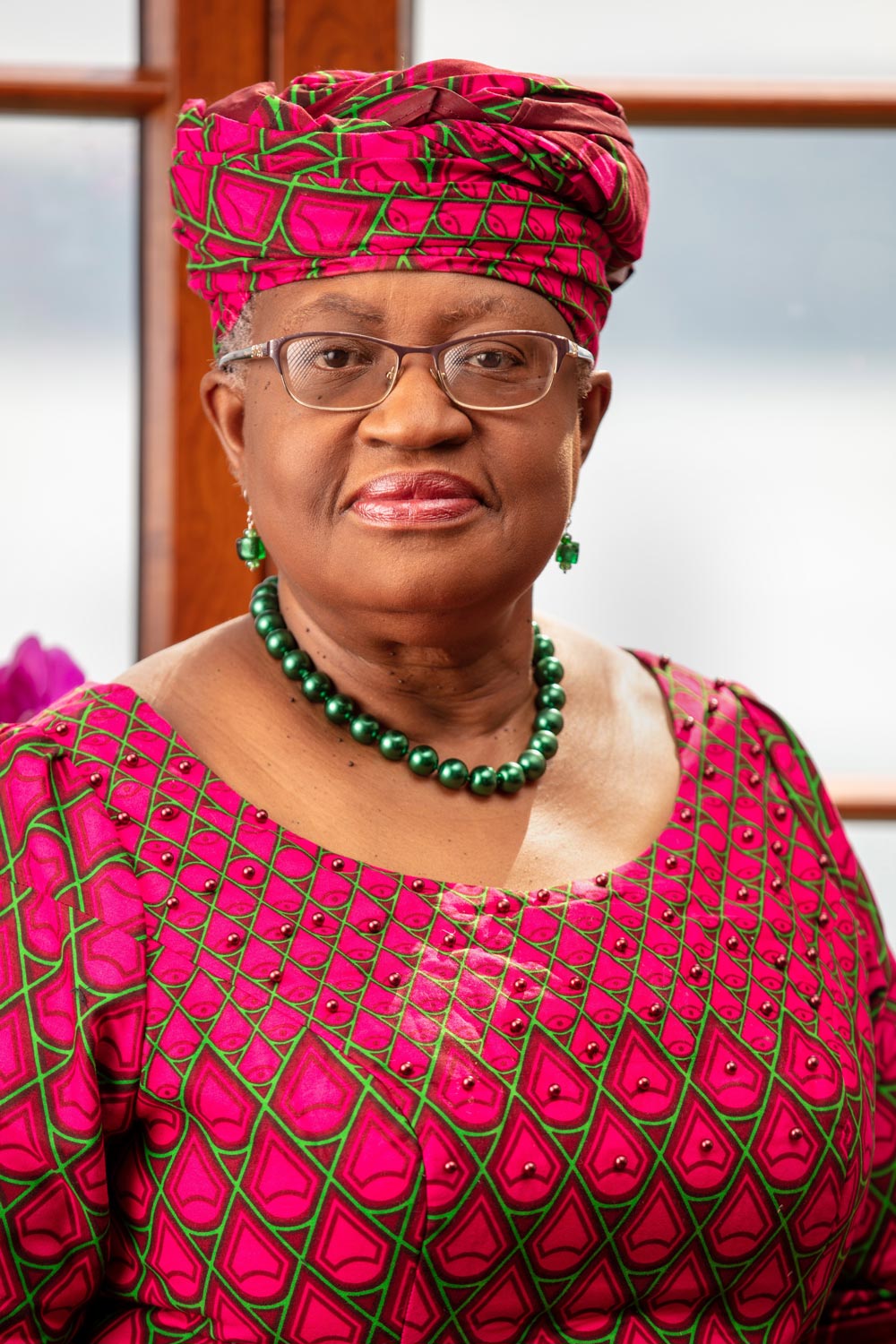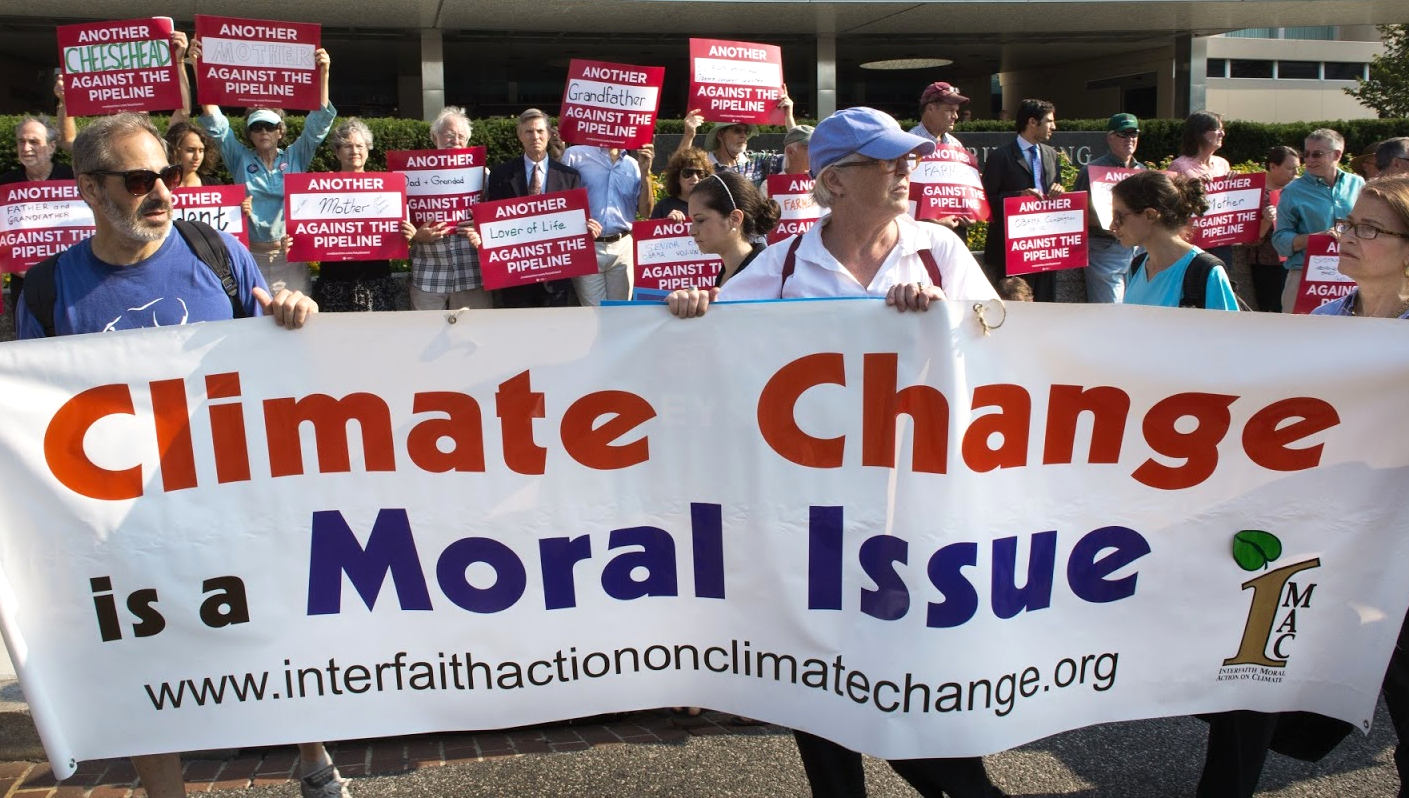|
WORLD TRADE ORGANIZATION
Please use our A-Z to navigate this site, or return HOME
|
|
|
UN75 YEARS OF INACTION - Many wars have been waged over mineral rights and control of oil flow, used to power our internal combustion engine vehicles. Imagine a world where free energy form nature powers our vehicles, and every country has their own electricity supply, independent of fossil fuel imports. Energy security is a big step towards world peace. By way of example, SmartNet™ service stations might supply hydrogen for heavy goods vehicles, and electricity to rapid charge conventional battery vehicles. They also act as grid load-levelers for changeable wind and solar renewables. This kind of technology could free us from carcinogens in cities and reduces global warming. If we are to supply trucks and cars with energy, we need around 600,000 smart service stations globally before 2050, meaning mass produced flatpacks are necessary to reach such goal economically. At 2019 end, 470 hydrogen stations were operating worldwide, 1/1200th of what is required.
The
World Trade Organization
(WTO) is an intergovernmental organization that regulates and facilitates international trade. Governments use the organization to establish, revise, and enforce the rules that govern international trade. It officially commenced operations on 1 January 1995, pursuant to the 1994 Marrakesh Agreement, thus replacing the General Agreement on Tariffs and Trade (GATT) that had been established in 1948. The WTO is the world's largest international economic organization, with 164 member states representing over 98% of global trade and global GDP.
Hence, the WTO may not be working as it is supposed to be, to close the poverty gap, an issue with SDG 1.
|
|
|
SMARTNET™ - Imagine being able to refuel with ammonia, hydrogen, methanol, or charge your battery at the same service station, all powered by renewable electricity. Imagine that robotrucks and robotaxis could use the same facilities without human intervention. Imagine that intermittent wind and solar power could be load leveled for greater efficiency and energy self sufficiency. That is SmartNet versatility - simply smarter. But without a change in patent law, to promote climate friendly tech, the Red Flag brigade win again. It's all about the money. Pity about the planet!
|
|
|
It could be argued, that such provisions allows workers in poorer nations to be more efficiently exploited. Where the objective of closing the poverty gap, or raising living standards, may not be working.
PRINCIPLES OF THE TRADING SYSTEM
2. Reciprocity. It reflects both a desire to limit the scope of free-riding that may arise because of the MFN rule and a desire to obtain better access to foreign markets. A related point is that for a nation to negotiate, it is necessary that the gain from doing so be greater than the gain available from unilateral liberalization; reciprocal concessions intend to ensure that such gains will materialize.
3. Binding and enforceable commitments. The tariff commitments made by WTO members in multilateral trade negotiation and on accession are enumerated in a legal instrument known as a schedule (list) of concessions. These schedules establish "ceiling bindings": a country can change its bindings, but only after negotiating with its trading partners, which could mean compensating them for loss of trade. If satisfaction is not obtained, the complaining country may invoke the WTO dispute settlement procedures.
4. Transparency. The WTO members are required to publish their trade regulations, to maintain institutions allowing for the review of administrative decisions affecting trade, to respond to requests for information by other members, and to notify changes in trade policies to the WTO. These internal transparency requirements are supplemented and facilitated by periodic country-specific reports (trade policy reviews) through the Trade Policy Review Mechanism (TPRM). The WTO system tries also to improve predictability and stability, discouraging the use of quotas and other measures used to set limits on quantities of imports.
5. Safety values. In specific circumstances, governments are able to restrict trade. The WTO's agreements permit members to take measures to protect not only the environment but also public health, animal health and plant health.
B. articles aimed at ensuring "fair competition"; members must not use environmental protection measures as a means of disguising protectionist policies.
C. provisions permitting intervention in trade for economic reasons.
Ngozi Okonjo-Iweala is the seventh Director-General of the WTO. She took office on 1 March 2021, becoming the first woman and the first African to serve as Director-General. Her term of office will expire on 31 August 2025.
CONTACT
WTO World Trade Organization Centre William Rappard
LINKS & REFERENCE
https://www.wto.org/ https://theyesmen.org/movie/yes-men-2004
|
|
|
PROFITEERING
...
POVERTY
...
FINANCIAL SLAVERY
...
|
|
|
Please use our A-Z to navigate this site, or see our HOMEPAGE
|
|
|
This website is Copyright © 2022 Climate Change Trust & Injustice Alliance The views, performance reviews and opinions of the Trust are protected by Articles 18 and 19 of the Universal Declaration of Human Rights.
|


